Most people probably don’t think about their saliva regularly, but the liquid in our mouths, as it turns out, is pretty interesting. And though it might be kind of gross to think about, it is essential and valuable to our lives. Imagine not being able to chew, swallow, and eat. Most people find spit gross and that is a fact, but here we have a list of fascinating spit facts that is likely you didn’t know.
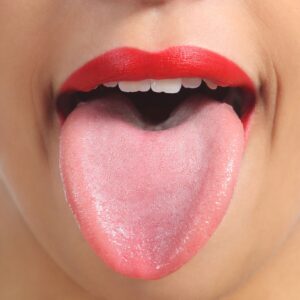
Source: WM Smile
Saliva also acts as a cleaning mechanism for our mouth, preventing dental problems like cavities and tooth decay. Here are 23 fascinating spit facts that might change your appreciation for this underappreciated bodily fluid.
Fascinating Spit Facts:
1. Spit is 99% water.
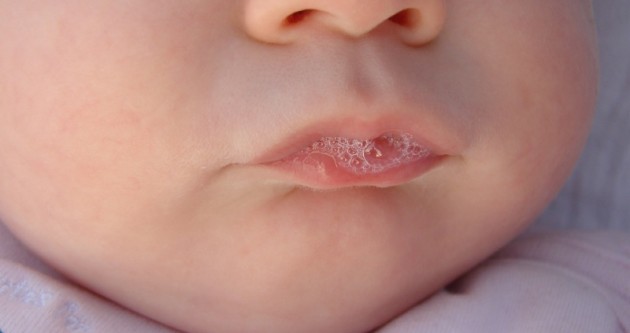
Source: Wikipedia
Though saliva may seem like something other than water because of its consistency, it’s 99% H2O. Other substances such as electrolytes, digestive enzymes, mucins, and uric acid make up the remaining 1%.
2. Spit can be found on the Black Market.
Various items are sold on the black market, but it might be surprising to know that saliva is one of them. There is an illegal trade in South Africa for saliva that is infected with tuberculosis. This is used to feign temporary disability for people who want to obtain funds from the government. People who sell their saliva often make $32 USD per sample. High unemployment rates in this region make it unsurprising that people are faking an illness to get assistance from the government.
3. There’s a medical standard for how much spit a person should have.
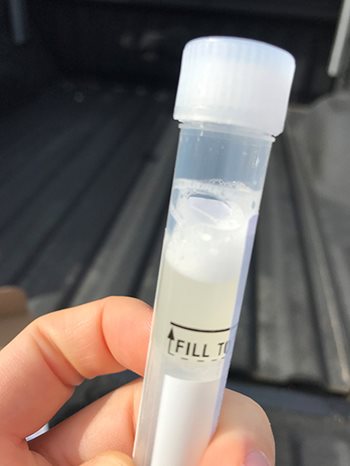
Source: ASBMB
The standard for a healthy amount of spit is about two to six cups a day. That is, of course, without stimulating activities such as eating, which produces much more saliva.
4. Food molecules need to be dissolved in saliva to be recognized by taste buds.
Saliva plays a crucial role in our ability to taste. Without its function of breaking down and dissolving food molecules, our taste buds would not be able to recognize it and its flavor.
5. Saliva production follows your circadian rhythm.
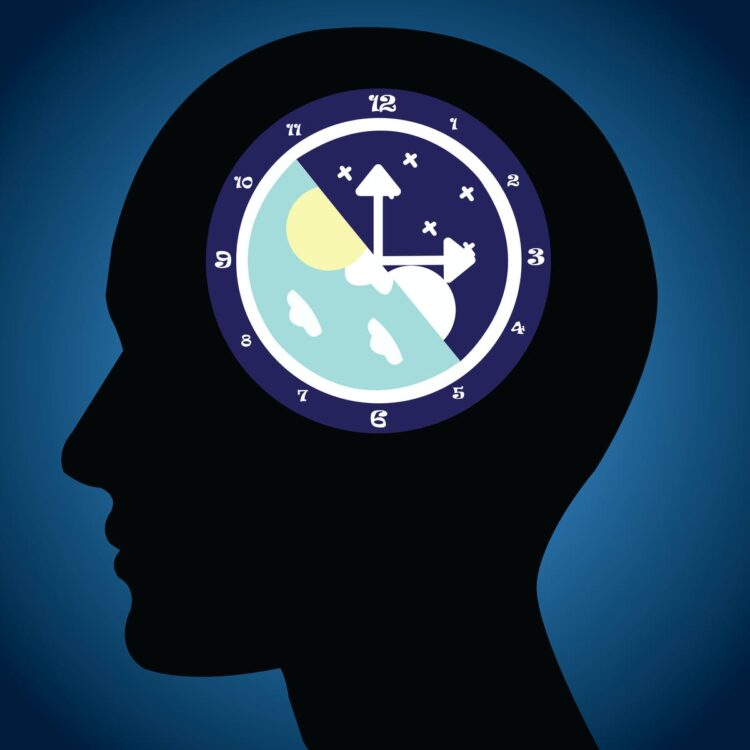
Source: The Conversation
Salivation is controlled by the same system that regulates your heartbeat, so spit production is an unconscious process. As a result, your body usually makes the most saliva in the late afternoon and reduces at night when you sleep.
6. Bacteria is present when you kiss.
You might prepare for a big moment with your significant other by brushing, flossing, and using mouthwash, but your mouth still harbors over 700 types of bacteria. Whenever you exchange saliva with someone, such as when you kiss or share drinks, you’re inviting plenty of these bacteria into your mouth.
Kissing for 10 seconds is enough to transfer roughly 80 million bacteria! However, this is no cause for concern. Sharing the same types of bacteria through intimate activities with your partner is quite normal.
7. Dry mouth is common when you’re scared.
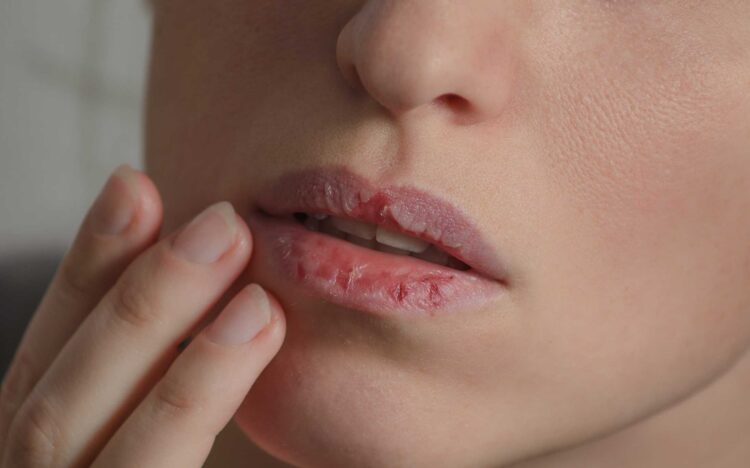
Source: Diabetes.co
Have you ever recalled your mouth running dry during moments of high anxiety or stress? This is because your body’s fight or flight mode is activated, affecting your saliva levels.
The digestive system will do everything to conserve energy during this response, including shutting down saliva production. This is why your mouth feels quite dry whenever you’re scared or particularly stressed out.
8. It’s possible to get salivary gland stones.
Like kidney stones, it is possible to develop crystallized stones from the chemicals in your spit that block the saliva from entering your mouth. Most stones are smaller than 1 centimeter, but some can be as large as a few centimeters. And while most stones can dislodge on their own, some will require surgical procedures to be removed.
9. There are five different kinds of saliva.
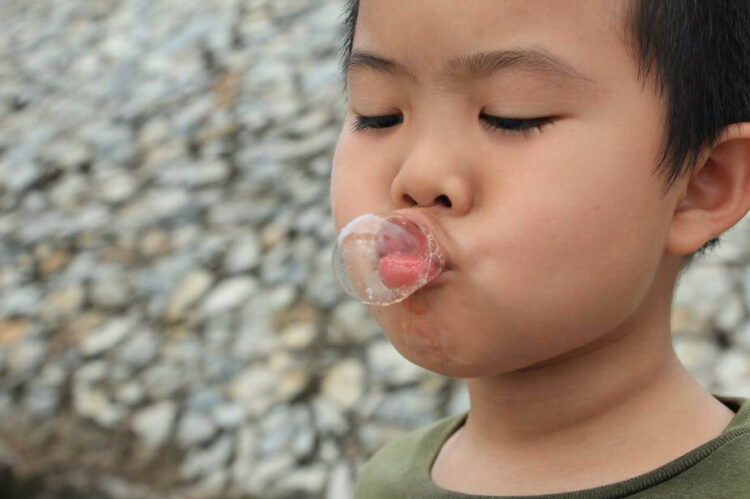
Source: The Conversation
Spit exists in five distinct stages, most of which are triggered by eating food. The first type of spit is cephalic, which occurs when you see or smell something tasty. Next, the buccal phase happens in response to food in the mouth; this is the type of spit that helps you swallow.
Esophageal saliva involves the stimulation of salivary glands that help move food down your esophagus. The fourth phase is the gastric phase, which occurs when your stomach is irritated, similar to when you’re about to vomit. The intestinal stage is triggered by food that your stomach may not agree with passing through your upper intestine.
10. Spit keeps you healthy.
Your mouth is one of the first points of contact for external objects and substances, so it only makes sense that saliva provides a suitable defense mechanism against any bacteria that enters. It washes away any bacteria and neutralizes the pH balance in your mouth.
Saliva can also reduce infection in wounds, which is why our first instinct when we have a cut is to bring it to our mouth. Animals lick their wounds for the same reason. This is because spit contains infection-fighting white blood cells called neutrophils. They act as backup protection for your body whenever it encounters an injury like a wound.
11. Spit was once used as a lie detector.
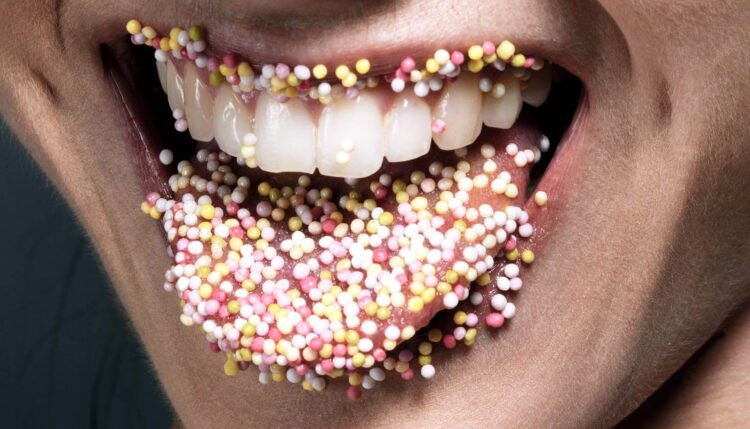
Source: Futurity
In some ancient civilizations, saliva was used as a basic type of lie detector. For instance, ancient societies in India had accused liars chew grains of rice. If they were telling the truth, then the presumption was that they’d have enough saliva to spit the rice back out again. But, on the other hand, if someone were lying, their mouth would run dry, and the rice would be difficult to spit out.
12. Saliva can be used to help diagnose diseases.
The spit can be a good indicator of whether or not one has health problems or diseases. Conversely, a constantly dry mouth can be a sign that something is wrong. Medical professionals also screen for specific proteins in saliva to assess conditions such as heart risk and others.
13. Saliva acts as a natural pain killer.
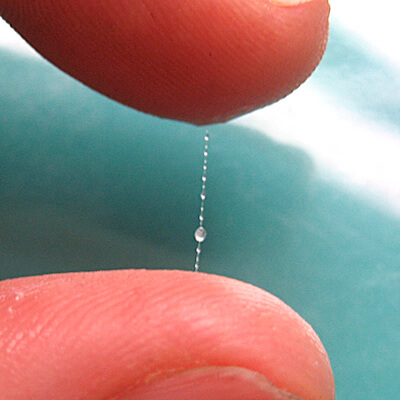
Source: ZME Science
There is a substance in saliva called opiorphin that was discovered in 2006, and it is thought to be more powerful than morphine. This is because it inhibits pain perception.
14. Chewing sugar-free gum is good for your health.
Gum is often considered harmful to your health, but sugar-free gum was found to have the opposite effect. Some studies have found chewing sugar-free gum to reduce dental cavities since it stimulates saliva production.
More saliva in your mouth means a greater chance of defending against bacteria and preventing tooth decay.
15. It can restore eroded enamel.
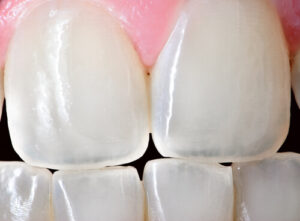
Source: Evan Sondds
If you’ve overwhelmed your teeth with substances and activities that erode enamel, such as too much acid, sugar, and poor oral care habits, then you might be at a greater risk for tooth decay. Fortunately, taking better care of your teeth will allow your saliva to work with you in restoring dental health. Components in saliva have been found to aid in the remineralization of teeth, which repairs the enamel over time.
16. Saliva production changes depending on your posture.
While this might sound strange, research has found that how much spit you produce depends on how you’re positioned. For example, you produce the most saliva while standing and the least when you’re lying down. It’s unclear why this happens, but studies suggest that it is related to stimulation caused by the sympathetic nervous system.
17. Spit can reveal your age.
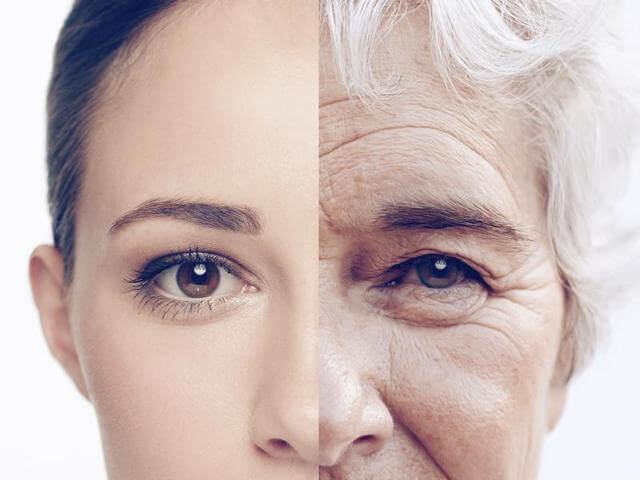
Source: Classical FM
As people age, DNA undergoes a process called methylation. This activates and shuts off specific genes based on environmental factors, and these changes can be found in our spit over time. As a result, scientists can detect a person’s age within five years based on saliva alone.
18. Saliva is recycled.
Saliva comes from blood! As your blood passes through certain glands in your body, water exits it and is recycled into saliva.
19. You can produce enough saliva to fill two bathtubs annually.

Source: Business Mirror
The body produces one to two liters of saliva daily. In a year, that totals to enough spit that can fill up two average-sized bathtubs!
20. Saliva helps you talk.
The reason you are able to articulate yourself is thanks to the moisture coming from your saliva. Without it, you would not be able to form the movements required for speech. This is why many presenters always have a bottle of water handy. A little extra liquid can help in speaking more clearly.
21. Spit helps wash away harmful food particles.
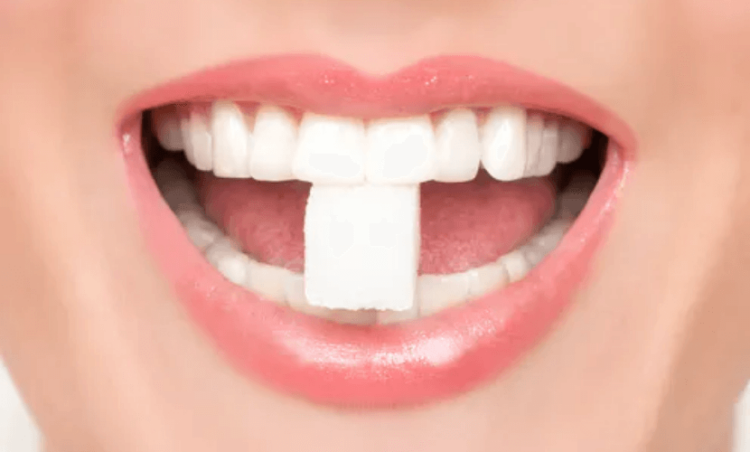
Source: Long Falls Dentistry
Leftover sugars from the food you eat can deposit harmful substances in the corners and crevices of your teeth and gums. This can contribute to tooth decay. Fortunately, your saliva acts as a cleaning agent for your mouth, washing away excess sugars and food particles that may be harmful to your teeth.
22. Saliva can be used to monitor alcohol or drug use.
Just as saliva can be used to detect certain diseases and conditions, it can also be analyzed to monitor alcohol intake, smoking, and drug use.
23. Spit helps protect your teeth from each other.
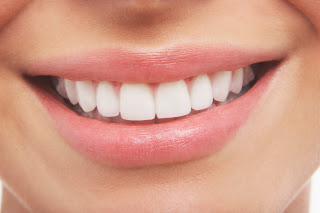
Source: Long Falls Dentistry
Your teeth are the hardest structures in your body, and they are constantly grinding against each other. Without saliva, your teeth would have already been damaged and chipped away at each other. Spit acts as a lubricant that protects one tooth from the other and keeps them from wearing down prematurely.
If you enjoyed reading about fun, scientific facts here, then be sure to check out our other articles!









